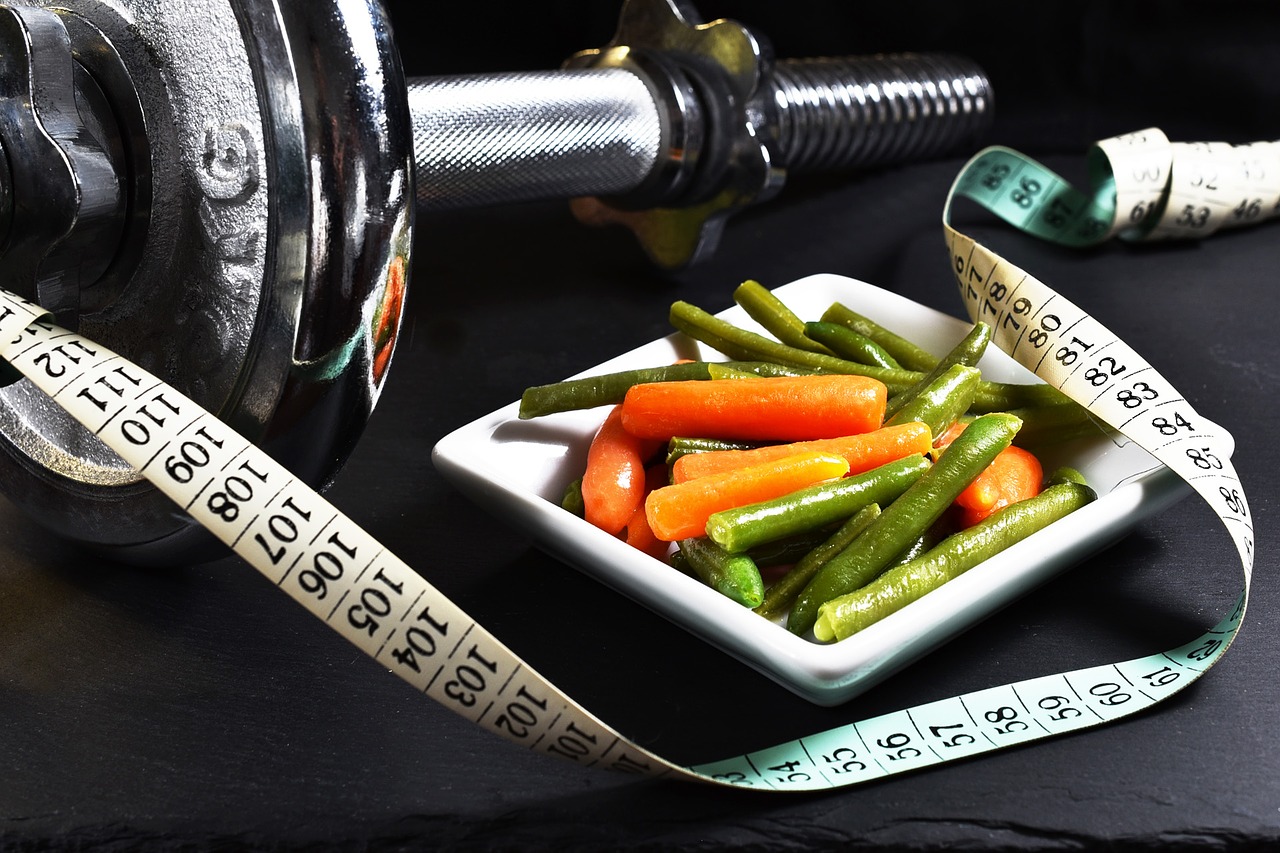Are you constantly skipping chili peppers when preparing the meals in the kitchen? Well, you better reconsider your attitude and include peppers in your regular daily diet. Not only this veggie can add a unique flavor to your foods, but also can boost the metabolism thus improve the fat burning capabilities of your body.
Because peppers are extremely versatile, you can easily add them to your favorite recipes. It’s time to spice up your life a little bit, isn’t it?!
How do Chili peppers aid in weight loss?
Many studies have been carried that tried to figure out what effect do the peppers have on the overall weight loss process. The findings revealed that this is due to capsaicin – a key compound within the peppers that makes them hot and also has a positive impact on the fat burning ability. As you most likely know, it also triggers the pain receptors, so you feel your mouth burning.
Cutting back on calories is not the answer to successful weight loss and successful health… you have to increase the quality of what you eat, not just reduce the quantity.”
As a result of the spicy and hot feeling, a message is sent to the brain that a pain relief is needed. The brain responds immediately and starts cooling your body off by speeding up the metabolic and heart rates. The sweating is a common side effect as your body processes use the sweat for cooling your inner body.
With a faster metabolism, your body can burn the excess fat much faster and more effectively. Actually, the increased metabolic rate is one of the most common weight loss approaches out there. The same method is used when working out in the gym or when taking some fat burning supplement. Even though the peppers can be quite effective, it doesn’t mean they can replace the regular exercise regimen.
If you are one of those who can’t eat spicy food because of digestion issues, there is a non-spicy capsaicin alternative known as DCT or Dihidrocapsiate. These ingredients can also improve the fat burning process, but unlike the capsaicin, doesn’t deliver that burning sensation you might have a problem with.
What peppers are best for burning that fat?
The more capsaicin within the pepper, the more powerful it is. Sadly, also the hotter, so the vast majority of slimmers can’t take the advantage of the strongest peppers out there. This doesn’t mean that eating bell peppers won’t have any effect though.
Fastening the weight loss is not the only benefit of peppers as they are full of vitamin C and offer many other health benefits, so even if you are satisfied with your current body weight you should consider eating this veggie.
If you want to achieve the best effect possible, these are the hottest peppers available:
– Jalapenos
– Serranos
– Habaneros
There are some even hotter but aren’t available in stores. The 3 peppers mentioned above should be obtainable locally and once you start eating them, be ready to sweat. Always start slowly, so you make sure you won’t have to cope with any side effects the hot taste can cause.
Eating these in raw form is usually impossible, but there is a countless number of recipes where you can use them. Remember, the spicier the peppers are, the more fat you are going to burn.
Read Also:






















